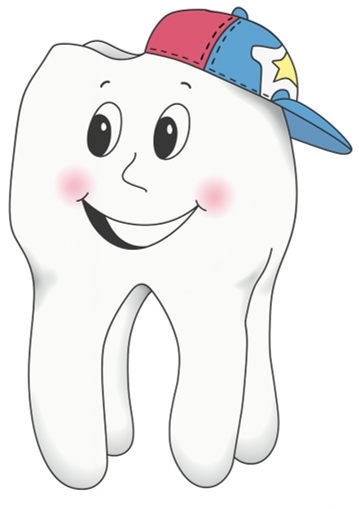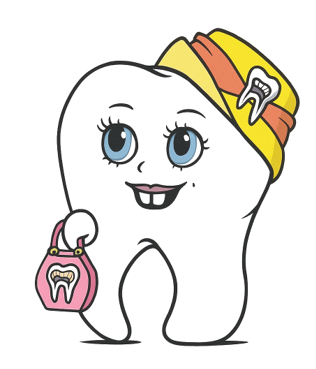

Frequently Asked Questions
Everything you need to know about your child's dental journey
When should my child first see a dentist?
Over the past 50 years, the answer to this question has changed frequently to reflect improving dental care for children. Many years ago it was not uncommon for a child to delay seeing the dentist until their baby teeth began falling out. However, times have changed and The American Dental Association now advocates children visiting the dentist by the time they have their first birthday. Besides increased dental health, a major benefit of early dental visits is an earlier acceptance of dental visits as a normal part of life. The first visits should be relaxing, fun and informative. Your dentist may choose to simply answer your questions and observe your child. This will allow your child a low-stress opportunity to be sensitized to the new surroundings and begin to register the sights, sounds, and smells of the dental office as a friendly safe environment. This is essential for compliance with future office visits.
How do I choose a dentist for my child?
Some children with special needs may require a pedodontist, a specialist in children's dentistry. Other children would do fine with either a pedodontist or a general dentist. If your own dentist is someone with whom you have a good relationship, your child may benefit from that relationship. If you are familiar with a dentist through friends or relatives, that would be fine also. Ultimately, the person you choose to care for your child's dental health should be someone with whom you feel comfortable and this is a decision best made on an individual basis.
How often should my child see a dentist?
The usual recommended frequency of regular check-ups and cleanings for an average child is approximately every six months or twice a year. Besides ensuring oral health, this also helps to reinforce the child's positive image of the dental experience.
How should I talk to my child about the first visit to the dentist?
Be careful to choose positive words and speak in a casual manner—completely devoid of apprehension. Your children have no reason to expect the dentist to be anything other than a positive experience, therefore, avoid discussing negative concepts or phrases such as "it won't hurt," "nothing to fear or worry about," or "they are painless." These statements, while well intended, may actually raise your child's level of uncertainty. Treat your description with the everyday attitude as you would with a trip to the grocery store or shopping mall.



